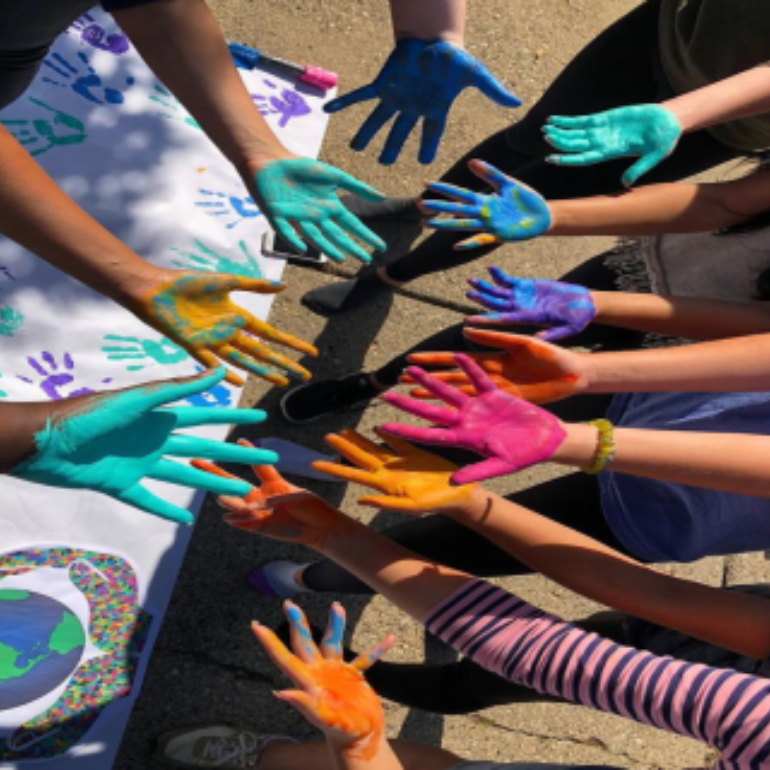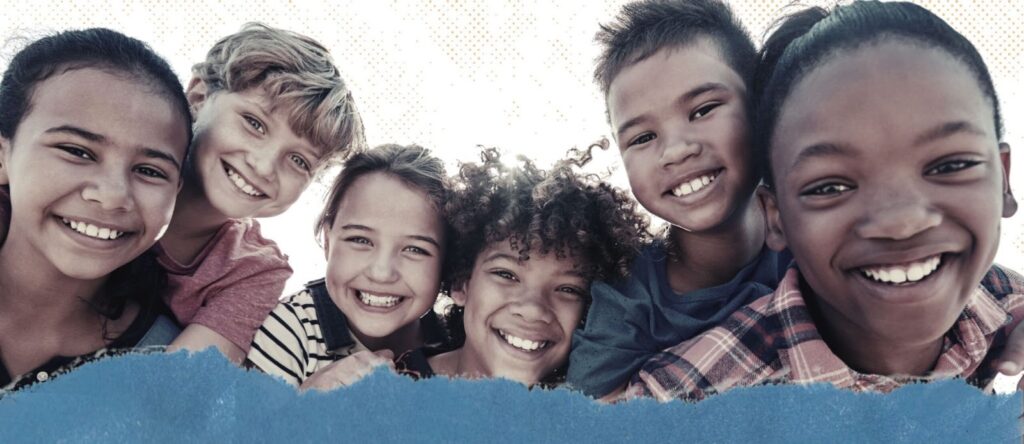MyKingstonKids Mental Health and Wellness Division
Missy McGhee
Director of the Mental Health & Wellness Division
New York Certified Peer Specialist (NYCPS)
Mental Health & Wellness Advocate

MyKingstonKids believes in and supports mental wellness in our young people by fostering nurturing environments so that our young people can thrive and shine, living enriched filled lives while becoming contributing members of our community and village.
Mission Statement:
To prioritize the mental health and wellness of all young people so they can develop the tools to express emotional needs effectively and build positive connections to others.

Services and Supports
Talk Therapy (Active Listening) within the scope of Peer Support
- Shared Experiences
- Informal and Flexible
- Emotional Support and Encouragement
- Complimentary to Professional Treatment
- Building Supportive Networks
Help in Developing Healthy Coping Skills:
In schools
By Creating Safe Spaces and Reducing Stigma.
We can design and lead safe spaces, support groups or clubs where young people feel comfortable discussing mental health concerns without fear of judgment. This openness directly addresses stigma associated with mental health challenges.
Modeling Healthy Behaviors:
By sharing lived experience of overcoming challenges and using coping skills, that can inspire hope and demonstrate that recovery and resilience is possible. Learning coping skills by participating in mindfulness exercises, deep breathing, journaling, and engaging in healthy activities like exercise or creative expression.
Fostering a Sense of Belonging:
Through group activities, young people can connect with peers who have similar experiences, building strong relationships and reducing feelings of isolation.
Connecting with Resources:
Help in identifying and accessing mental health resources, both within the school and in the community,
At Home
Facilitating Communication:
We can help to bridge communication gaps between young people and their families or caregivers, encouraging open discussion about mental health and coping strategies
Providing Practical Support:
Strategies for managing stress, navigating family challenges, and creating a supportive home environment.
Empowering Self-Advocacy:
Help young people to advocate for themselves at home, whether it’s setting healthy boundaries with family members or seeking additional support if needed.
In the Community/Village
Building Supportive Networks:
Help young people to connect with community organizations where they can find a sense of belonging and learn from others with shared experiences.
Reducing Stigma:
Ensure that youth has the support they need to develop health coping skills.
Promote Engagement in Healthy Activities:
Help young people to engage in healthy extracurricular activities, hobbies, and volunteer work that can contribute to building resilience and well-being.
Help in Creating Short Term/Long Term Goals:
Building trust and rapport:
By building strong connections with young people, creating a safe and non-judgmental environment where they feel comfortable discussing their aspirations and struggles.
Empowering self-discovery:
Help young people explore their values, interests, and strengths, which are essential for identifying meaningful goals that align with their personal vision.
Breaking down large goals:
Large, long-term goals can feel overwhelming. We can help young people break them down into smaller, more manageable short-term objectives and action steps, making the process less daunting and increasing the likelihood of success.
Providing practical guidance and strategies:
Offer practical advice, self-help strategies, and coping mechanisms to help young people navigate challenges and maintain their progress.
Connecting to resources:
Help young people identify and access relevant community resources and support systems, such as educational programs, job training, or support groups, that can help them achieve their goals.
Advocacy and self-advocacy skills:
Teach young people to advocate for themselves, communicate their needs, and navigate complex systems, whether it be in academic, vocational, or social settings.
Celebrating milestones and setbacks:
Provide encouragement, affirmation, and validate the young person’s efforts, helping them to celebrate successes and learn from setbacks, which is crucial for building resilience and maintaining motivation.
Serving as a role model and source of hope:
By demonstrating one’s own recovery journey and showing that it’s possible to overcome challenges and build fulfilling lives, we can inspire hope in young people and help them believe in their own potential.
Facilitate Group Discussions:
By fostering a safe, inclusive, and supportive environment. They can encourage participation, guide conversations, and share their own experiences to build trust and rapport. By actively listening, validating feelings, and asking open-ended questions, peer specialists help group members feel heard and understood, facilitating a more productive and meaningful exchange of ideas.
Sensory Safe Zone:
Sensory spaces, such as sensory rooms or designated areas, are crucial for individuals with sensory processing differences, including those on the autism spectrum or with sensory processing disorders. These spaces offer a controlled environment to help individuals manage sensory input, regulate emotions, and improve focus and engagement. They are particularly important for promoting well-being, fostering independence, and supporting development in educational, therapeutic, and home settings.
Children are our future and as such we can come together in a village mentality to ensure that they are provided with effective support and resources.
Here’s to brighter days! 
